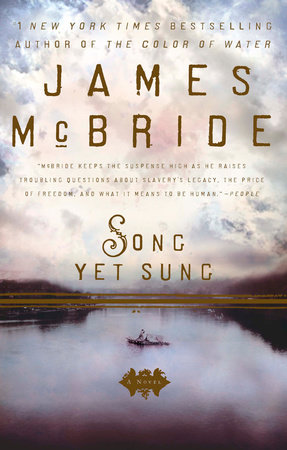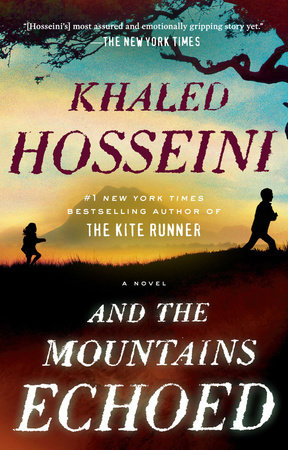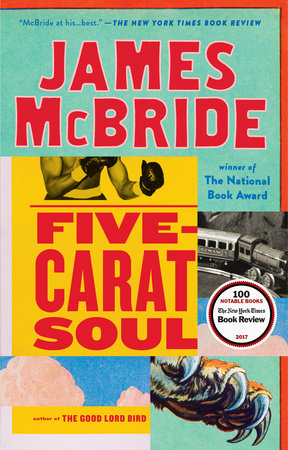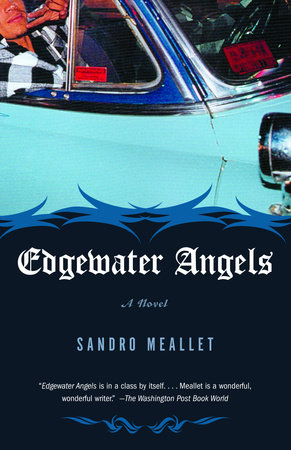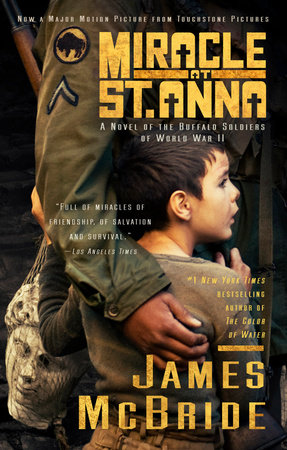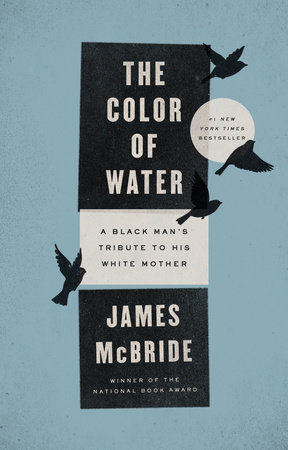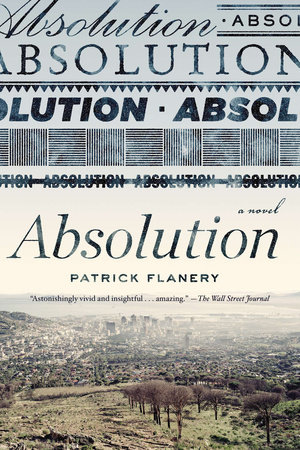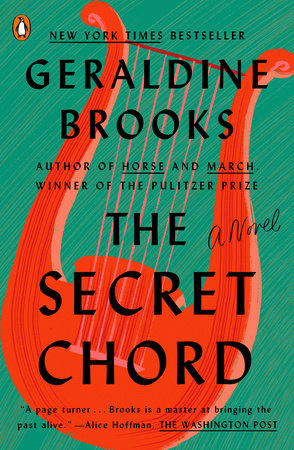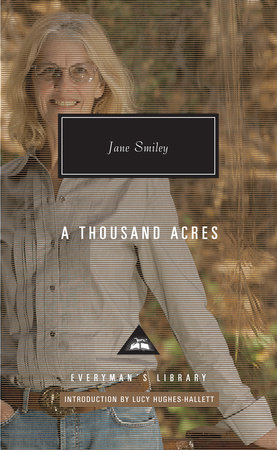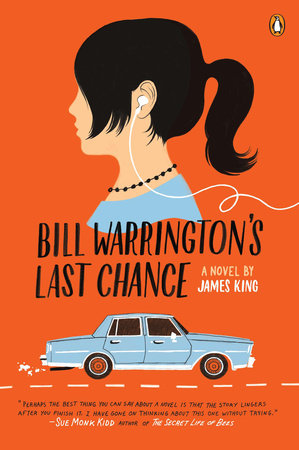How would you describe this story? It’s a story about an escaped female slave and the slave catcher bent on catching her. On a deeper level, it’s about the web of relationships that existed during slavery.
How closely are the events in Song Yet Sung based on actual history?
The two main women characters Liz Spocott and Patty Cannon, are based on real figures who hail from the eastern shore of Maryland, albeit at different times. Harriet Tubman, the great abolitionist, who was born in Bucktown, MD, and for many years prior to the civil war, she moved up and down Dorchester County like a ghost, leading, at least by some accounts, as many as 300 African Americans to freedom. Historians have yet to agree out how Tubman moved so many people without being caught. She suffered from narcolepsy as a result of having been struck in the head as a child, and she dreamed frequently. She said her dreams often warned her of impending danger. Patty Cannon, of nearby Caroline County, bordering Delaware, was one of the most celebrated women criminals in the history of Maryland and southern Delaware. She and her gang, which was said to number as many as 30 men at times, kidnapped African Americans, slave or free, and sold them south. Cannon was described as an attractive, handsome woman, physically strong, charming, gypsy-like in appearance, and dangerous to be around when any money was to be made. Cannon died in 1829 in prison. She committed suicide. Tubman was born in 1820 and lived till 1913. Both were well known to blacks and whites at the height of their prowess, and feared for different reasons.
How did you research this book?
The usual torture. First off, slave narratives are not hard to find, though they can make for difficult reading, emotionally. Secondly, I drowned myself in the culture and history of Dorchester County and the eastern shore. I spent a lot of time in Cambridge, MD, in its library, and on its back roads, traveling the roads and trails that Ms. Tubman supposedly used to lead her charges to freedom. Apparently much of Ms. Tubman’s underground railroad was via the water, with the help of watermen, black and some white as well, who ferried her charges along the many creeks and rivers that line the eastern shore. This posed a challenge for yours truly as I’m afraid of deep water. I nearly drowned in Europe while researching Miracle At St. Anna. So I wrote this entire book without having once gone out on the Chesapeake. I’m terrified of open water.
Your main character in Song Yet Sung is a young woman, and there are other strong female characters as well, including the slave catcher who is perhaps the most evil figure in the book. The main characters in your previous novel, Miracle at St. Anna, were men, but your mother was the dominant personality in your bestselling memoir, The Color of Water. Was any of this the result of conscious choice, or did it just arise organically from the story at hand?
I just went with the story at hand. I’m not afraid of strong women characters. I was raised by one. I confess, however, that getting into the head of a female character to check her thought processes is little different than taking a male character’s pulse. Women characters tend to be deep, and very hip to the emotional complexities that are the pitfalls which most male characters either bumble past drunkenly, or stumble into face first.
How much is your ability to write strong female characters rooted in your relationship to your mother or other women?
Probably a good amount. The only thing worse than discovering there’s no Santa Claus is finding out that Mister Santa ain’t a Mister after all. Having a strong mother allows you to see the kind of deep muscle feminine characters have to work with.
What was “the Code” that Liz learns? How was it actually used?
I’d heard of Black Codes of the underground for years. When I studied African American music under a professor named Wendell Logan in the Oberlin Conservatory, I learned that the songs I sang in church as a child were full lyric references to freedom, like Wade In The Water, Steal Away, Come Here Jesus If You Please. It’s just the tip of the iceberg. The entire plethora of black culture, musically at least, is bent towards freedom. There is no doubt in my mind about that. Most historians look for concrete, empirical evidence of The Code, economics, letters, broken plates, etc. How can you quantify a people’s desire to be free? It’s like describing John Lennon’s song “Imagine” as a “Verse, chorus, verse, 16-bar musical statement in the key of G that expresses a young man’s hope for the future.” Right. Black people have always wanted to be free. Any insect, even God’s tiniest creature, always moves to protect itself. That’s what music, and to some extent, The Code, did for African American slaves.
Denwood Long, the white slave catcher who comes out of retirement to pursue Liz, is in many ways a sympathetic character. He even identifies powerfully with the slaves. How is this possible?
He identifies with them the way a cop identifies with the people on his beat. They are an economic means that has provided for him, and also a group he has come to admire and respect, the same way a beef provider admires cows or a worker at an animal shelter that euthanizes dogs loves dogs. I don’t think that’s necessarily bad. This is the world we live in. If you become too judgmental, you can’t be a writer. You become simply a proponent of an idea. Long was poor man born into a system that pressed poor whites into a kind of slavery. His eventual identification with slaves is a realization of his understanding of that system and his appreciation for the slave’s means of dealing with it.
Your story is set in a very particular landscape, Maryland’s eastern shore, which is shrouded in myth and superstition. Why there?
The eastern shore is like the deep south, yet it’s just 80 miles to Philadelphia, which was the promised land during slavery. If a slave from the deep south fleeing north reached the eastern shore, there were scores of free blacks and slaves who operated a kind of loose network of freedom riders: abolitionists: watermen, farmers, ministers, slaves. This area produced two of America’s greatest abolitionist, Frederick Douglass and Harriet Tubman, who lived during the same era and were raised less than 25 miles apart. It gives you an idea on how focused that area was on abolitionism.
The eastern shore is populated in part by the watermen, simple fishermen who take in oysters from the Chesapeake Bay. What was their attitude toward slavery, and what role do they play in the story?
Their attitude toward slavery was as complicated as white people’s attitudes towards blacks is today. Watermen lived difficult lives. They were poor, tough, independent, and religious. Many were Methodist, which took an early stance against slavery. Yet some fought for the south during the civil war.
In an act of resistance, some of the slaves in your story kill one of their captors, a black man who works for a white slave catcher. But they feel like murderers instead of liberators. Why?
Killing him robbed them of their humanity. Their humanity was something they cherished, and something most human beings cherish. Also, in the real world, killing is not an easy thing to do, even if you feel it’s “justified.”
Readers may be surprised to learn that the conductors of the underground railroad, or the gospel train, as it’s called in your book, were prepared to kill anyone who betrayed the secrets of the Code, including other slaves. This is another instance in which the lines of moral responsibility in your story are not always clear. To what extent are all the characters in the story victims of circumstance, or prisoners of history if you will? At what point does individual responsibility begin?
First of all, ambiguity is everything. The female driver who cuts you off in traffic and curses you out as she roars away might be the schoolteacher who saves a kid’s life the next day. We are all capable of everything. The outrage that African Americans felt — and to some extent still feel — for the Uncle Tom character is something most whites underestimate. Most African Americans feel under such siege, that they’re not willing to say anything to whites to jeopardize their already precarious existence – or what they perceive as a precarious existence. But when African Americans talk among themselves, it’s a different story. That being said, for someone to betray The Code during slavery must have been unthinkable. Frederick Douglass expressed outrage in his autobiography about slaves who made it to freedom and then wrote best selling books about their method of escape, like Henry “Box” Brown, who wrote about how he’d shipped himself north in a box. Douglass, in his own work swore he would never disclose the exact method by which he obtained his freedom. To my knowledge, he never did. Neither, by and large, did Harriet Tubman. Freedom was EVERYTHING. It makes complete sense that it was worth dying for, or killing for, especially if your children were involved.
Your story starts with the lines, “On a grey morning in March 1850, a colored slave named Liz Spocott dreamed of the future. And it was not pleasant.” It’s evident to us that Liz’s disturbing dreams are about the current state of African-American culture, at least certain aspects of it like hip-hop music, the prevalence of violence in some communities, sexual license, materialism, and so on. In fact, Liz’s vision of the future “brought her more grief than her condition at the time,” you write, and that was when she had been lying badly wounded for three weeks in a slave catcher’s attic. “Ain’t no freedom” in that kind of future, she says. This is a very strong charge against contemporary black culture. Why do you feel so passionately about this?
This is partly how the book got started. A few years ago, I heard a story about the introduction of some new video game, and how customers were stampeding the store, having lined up at 5 in the morning, to get into the store to buy this new game. This happened down south somewhere, it might have been Richmond. When I looked at the picture of the people fighting to get into the store and saw that the majority of them were black, it broke my heart. I said to myself. “Is this why slaves risked their lives and broke for freedom?” Like most sensible people, I’ve had enough of the beastiality, the women bashing, the homophobia, the violence, all of which lives under the heading of the music and culture known as “hip hop.” I don’t consider it hip hop. It’s recording industry manipulation made to sell CD’s, soda pop, beer, cars, cognac and tennis shoes. Most of the true hip hop pioneers have gone underground, or moved on to middle age, like Public Enemy, The Last Poets, Afrika Baambatta, etc. I don’t know what the answer is. I am certain however, that part of the answer lies in African Americans doing it themselves, taking responsibility for their own actions, and in their own communities. Fathers taking care of their own kids, mothers laying off going to the clubs and getting a good night’s sleep, and dropping aspects of this commercial culture that teaches our kids to be lazy slobs who talk a lot of jive and do nothing. And it should be said a lot of that happens now, and it has always happened. But it feels critical now. I don’t know if that’s a real feeling or not, because everything feels critical in this so called “terrorism” age. But it’s worrisome to me. I want our young people, black and white, to grow up whole. I feel like we’re raising a generation of lazy kids who aren’t made to feel responsible for their actions, who don’t know how to work. Or is it just me? I can’t tell anymore.
Yet Liz also has a positive and uplifting vision of the future, which will also be recognizable to contemporary readers. Which vision will win out?
America has always had an uncanny ability to recover and move to the good. If we got over the civil war, we’ll get over our current malaise. It always seems like the end of the world, every day, but to God, it’s just another morning and time to get out of bed and gather souls for their final ride to glory.
Once again you are exploring the themes of race and identity and transforming love, as you’ve done in your first two books, even though they were very different from one another. Does it surprise you as you move along with your writing career how strongly these themes grip you?
It’s better than writing the same book over and over again. I don’t want to be depressed when I read a book. I create books that have a piece of me in them, and with that comes the element of race and class that other writers choose to ignore. For me, identity is everything. It powers everything in the world: I am a Christian, a Jew, a Muslim, an American, an Arab… what do these words mean?
The main characters in your new book seem to be seeking love as well as freedom. Is love as or more important than freedom?
Love is freedom. If you can love someone, then you have a chance to be free. Love is liberation. That’s why slave owners always wanted their slaves to marry. A better chance to keep them at home.
Were you at all intimidated by the fact that other distinguished fiction writers have taken on the subject of slavery, starting with Toni Morrison?
Obviously I deeply admire Toni Morrison. In fact The Bluest Eye changed my life in many ways. But as a musician, you learn to play your song. Just play your instrument. There are always going to be other cats who can play better than you. To change this world, we need a Big Band of Toni Morrison’s, a Duke Ellington-sized band of Toni Morrisons. I’d be happy to be the guy who carts their instruments into the room.
Spike Lee has recently optioned the film rights of your first novel, Miracle at St. Anna, which is about the friendship between a black American soldier and an orphaned Italian boy in Italy during World War II. How closely will you be involved in the making of the film?
I wrote the script for it. I worked with Spike closely for about a year. I did a tremendous amount of rewriting on that script. Spike is brilliant. Demanding. He works harder than anyone I’ve ever worked with. I used to brag to friends that “no one can work harder than me,” but I have to concede that Spike’s got me beat there. That’s one reason why he’s so successful, I suppose, his talent notwithstanding. They guy goes at it hard.
What is the “song yet sung” referred to in the title of your novel?
Simple: It’s the second verse to the Negro spiritual Free At Last. Don’t give that away or you’ll spoil it for the reader.
Was the musical reference in any way an acknowledgment of your dual professional life as a writer and a musician?
Not really. Music and writing are so different, it’s not funny. It always amuses me when I hear writers saying “I have a melody in my head, and somehow it arrives on the page…” C’mon! When Stephen Schwartz (composer of Wicked) has a melody in his head, I buy it. When Wynton Marsalis, or Terence Blanchard, have melodies in their head, they know the difference between a melody and a group of assembled notes. Music and writing basically make slaves of those of us who are stupid enough to try to make them our mistresses. You can love one or the other, but you can’t make love to both at the same time.
Are you working on a new book yet?
Just started a new novel. I’m researching it now, but I’m afraid to say what it’s about. I don’t want to jinx it. But it’s not a historical novel.
What do you hope readers take away from Song Yet Sung?
Things are not what they seem. We are all human. We are all raised to follow a certain set of rules and mores, and in order to live a full life, we have to challenge those rules and mores from time to time or our lives will not be full, our children will be complacent, and we will not be doing God’s work.
